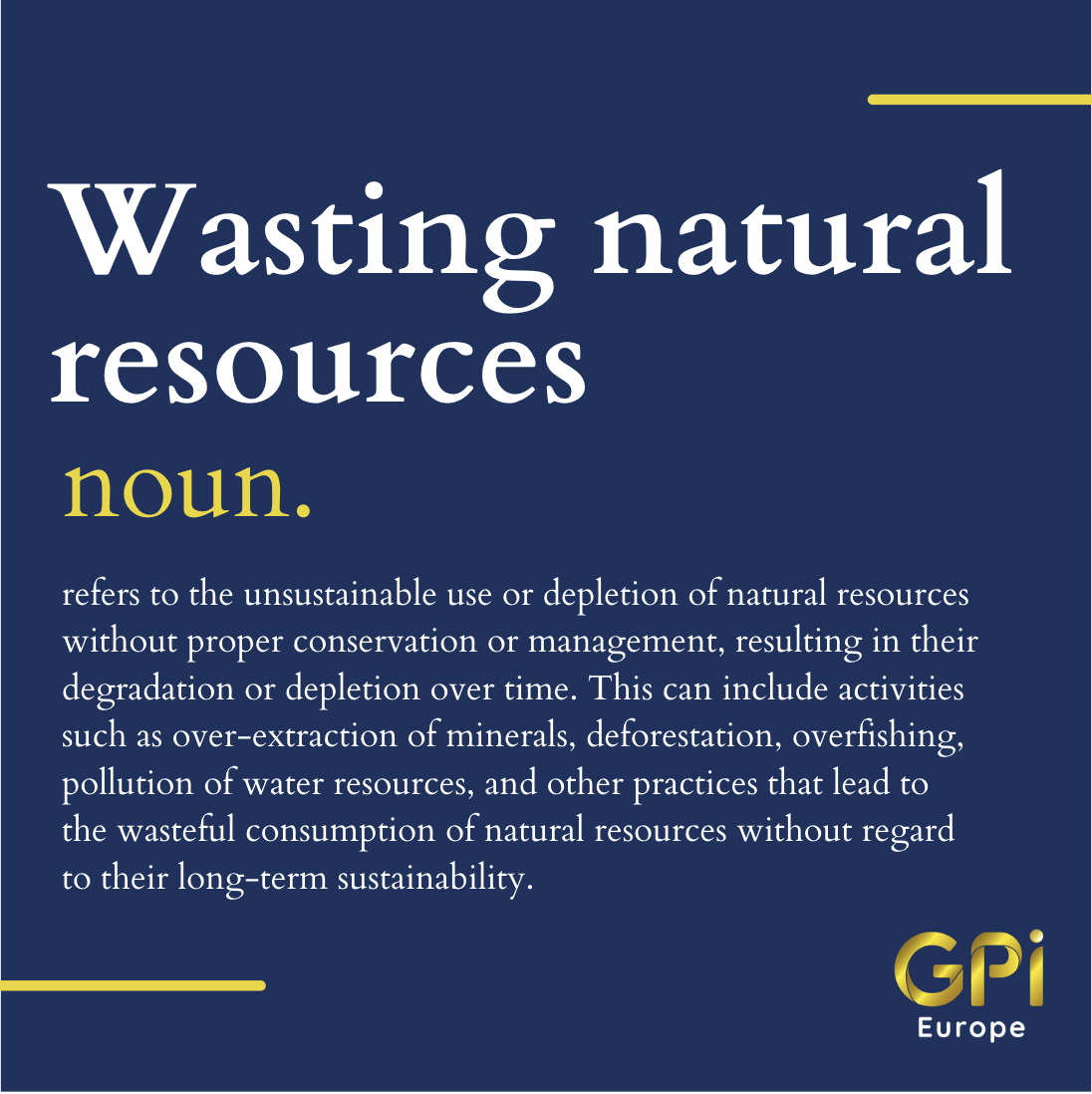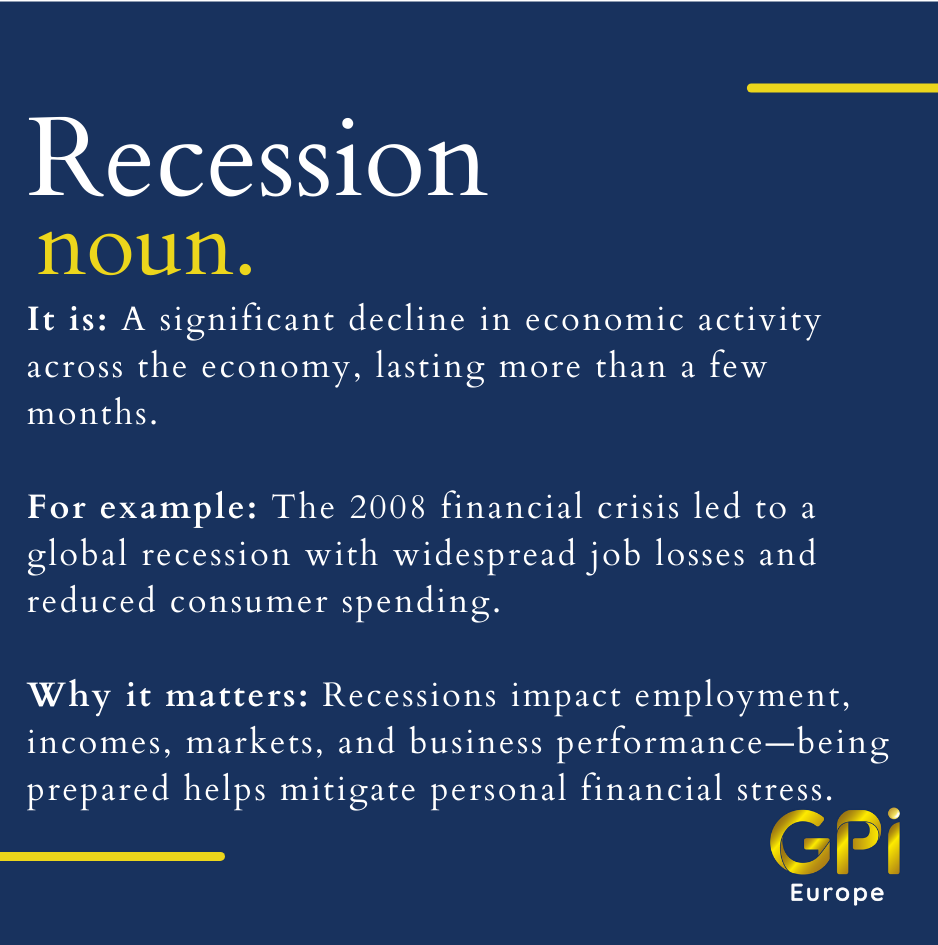Wasting natural resources
Refers to the unsustainable use or depletion of natural resources without proper conservation or management, resulting in their degradation or depletion over time. This can include activities such as over-extraction of minerals, deforestation, overfishing, pollution of water resources, and other practices that lead to the wasteful consumption of natural resources without regard to their long-term sustainability.
Examples of wasting natural resources include:
Over-extraction of minerals: when minerals, such as oil, gas, coal, or precious metals, are extracted from the earth at a rate that exceeds their natural replenishment, it can result in their depletion and exhaustion. This can lead to environmental damage, loss of biodiversity, and long-term negative impacts on ecosystems and communities that depend on these resources.
Deforestation: deforestation refers to the clearance of forests for various purposes, such as agriculture, logging, or infrastructure development, without adequate measures to replant or sustainably manage the forests. Deforestation can result in loss of habitat for wildlife, disruption of water cycles, soil erosion, and loss of carbon sequestration, leading to climate change and other environmental problems.
Overfishing: overfishing occurs when fish populations are harvested from oceans, rivers, or lakes at a rate that exceeds their ability to replenish naturally, leading to a decline in fish stocks. This can result in the collapse of fish populations, loss of biodiversity, disruption of marine ecosystems, and negative impacts on fishing-dependent communities and economies.
Pollution of water resources: pollution of water resources, such as rivers, lakes, and groundwater, can occur due to the discharge of untreated industrial, agricultural, or domestic waste, chemicals, and pollutants into water bodies. This can result in contamination of water sources, loss of aquatic habitats, and negative impacts on aquatic ecosystems, wildlife, and human health.
Unsustainable agricultural practices: certain agricultural practices, such as excessive use of chemical fertilizers, pesticides, and water, can lead to degradation of soil, water pollution, and depletion of water resources. These practices can result in long-term degradation of agricultural lands, loss of soil fertility, and reduced productivity, leading to wasting natural resources.
Wasting natural resources can have severe environmental, social, and economic consequences. It is important for individuals, businesses, and governments to adopt sustainable practices that ensure the responsible use and conservation of natural resources for present and future generations. This may involve implementing measures such as sustainable resource management, conservation, recycling, and adopting cleaner production techniques to minimize the wasteful consumption of natural resources and protect the environment.





